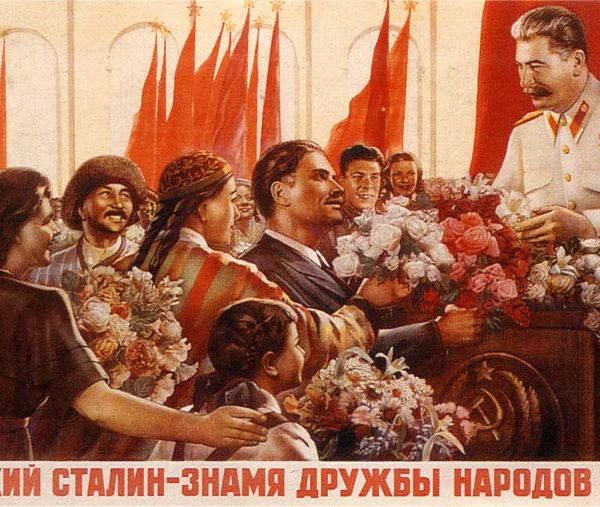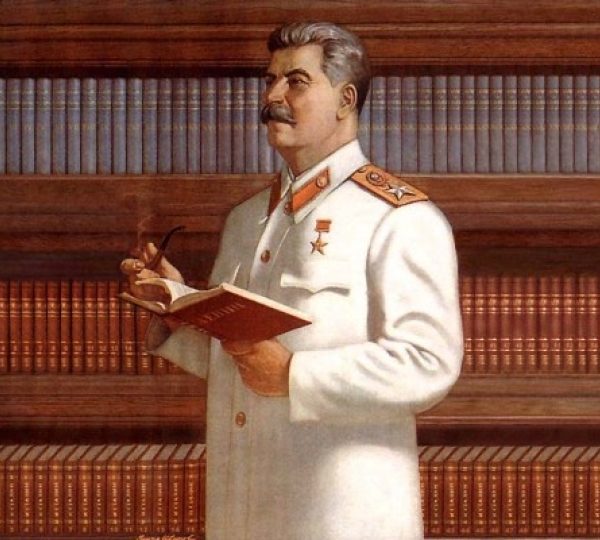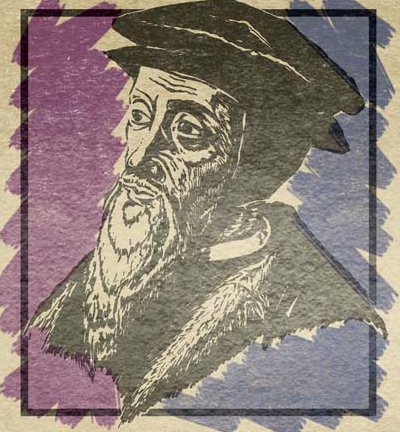
Parts of the world tremble again at religiously inspired revolutionary activity. Too easily do we forget that very similar forms of such activity have appeared in earlier periods of time, even if the content was somewhat different. Thus, in the nineteenth century, the socialists organised, while the anarchists threw bombs and carried out assassinations. And in the sixteenth century, Thomas Müntzer and the Peasants organised and theologised for the revolution, while the Anabaptists were seen as the extremists, the terrorists who had to be eliminated.
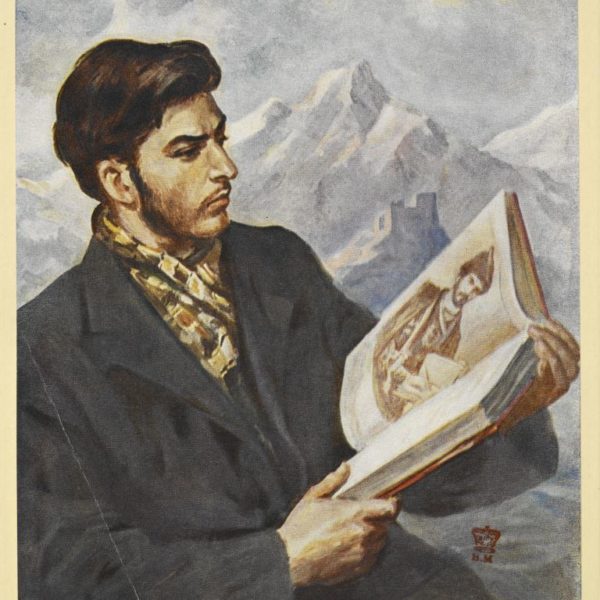
I am in the process of reading carefully through the works of the Joseph Stalin – or the ‘man of steel’, as he became known through his revolutionary code name. When I mention the fact that I am reading Stalin’s rather extensive works, people look surprised – surprised not because I am actually reading Stalin, but because they usually do not realise he wrote anything at all.
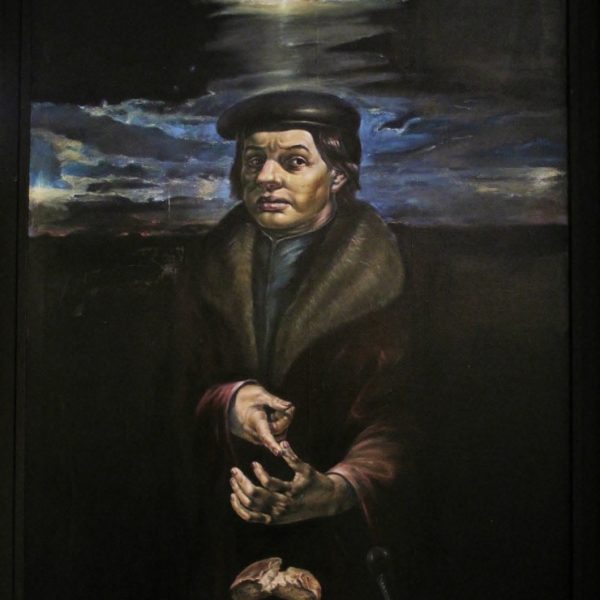
We had set out to follow in the footsteps of Thomas Müntzer, the ‘theologian of the revolution’ from sixteenth century Germany. Given that it was Germany, we expected everything to be organised down to the last detail – guidebooks, maps of bicycle paths and walking trails, a Müntzer tour linking all the sights, clear signs at each point indicating what Müntzer did where and when and how, even a government agency that focuses on this radical theologian. We found nothing of the sort.
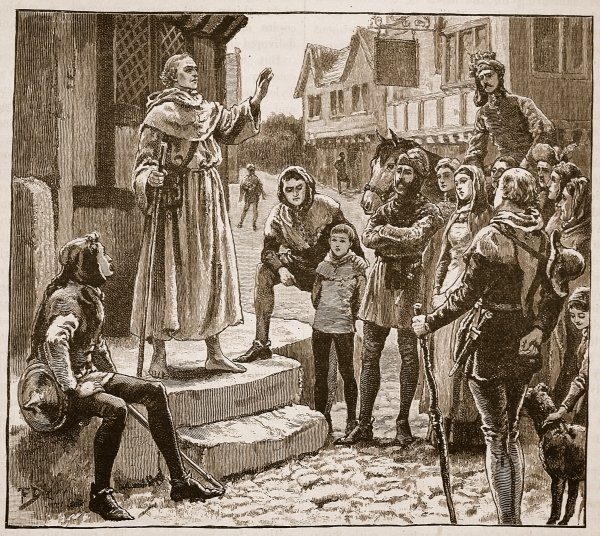
One Sunday around 1173, in Lyons, a wealthy financier named Waldo heard a traveling singer tell the story of St. Alexis, the son of a Roman senator who fled his family, became a beggar, and took to a life of prayer and service. Moved, he hurried to talk to a theologian, who told him of Jesus’ exhortation: if you wish to be perfect, go, sell what you have, and give it to the poor. And so he did.
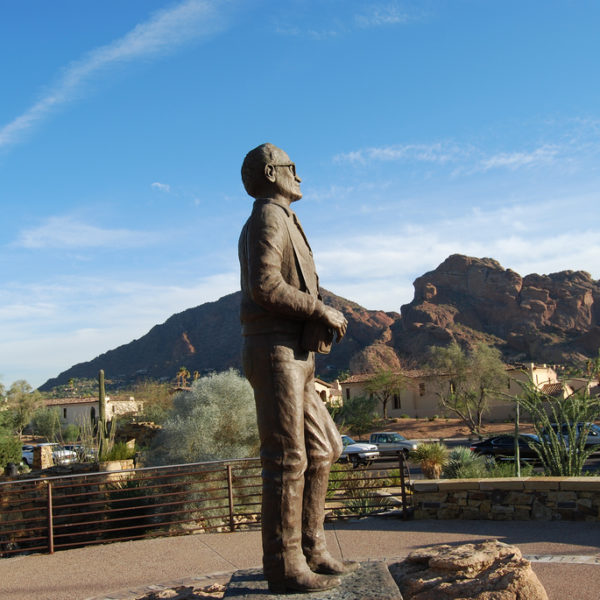
To swipe Oscar Hammerstein’s famous lyric, histories of twentieth-century American religious history – whether academically or popularly-oriented – can’t figure out how to solve a problem like Rousas John Rushdoony, the progenitor and elder statesmen of Christian Reconstructionism.
…Stalin is unique among world communist leaders in at least one respect: he studied theology for five years at the Tiflis Spiritual Seminary, the training college for priests in the Russian Orthodox Church. He did so during a deeply formative time of his life, from the age of 15 to the verge of his 20th birthday (1894-1899). One of the best students, he was known for his intellect and phenomenal memory.
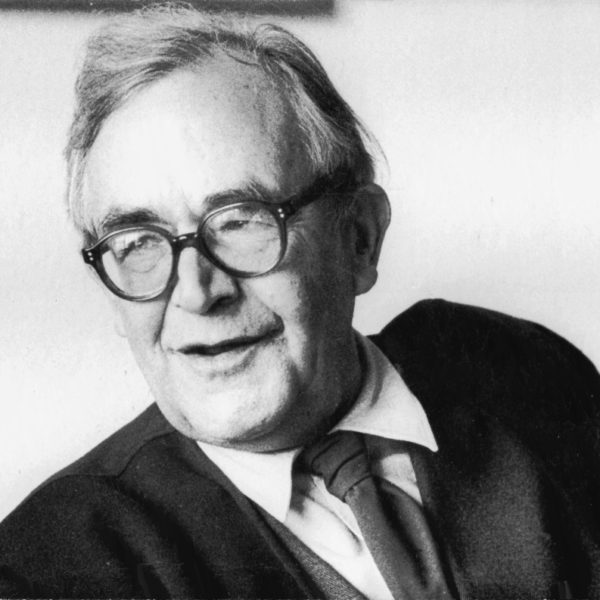
Current crises across the Middle East and other war-torn locations demand careful consideration of war, just war theory, and other tenets of military interventionism. The Christian theologian faces a particularly daunting task in this respect because the eschatological principles of God’s kingdom appear contrary to what might be a faithful Christian ethic in the penultimate present.
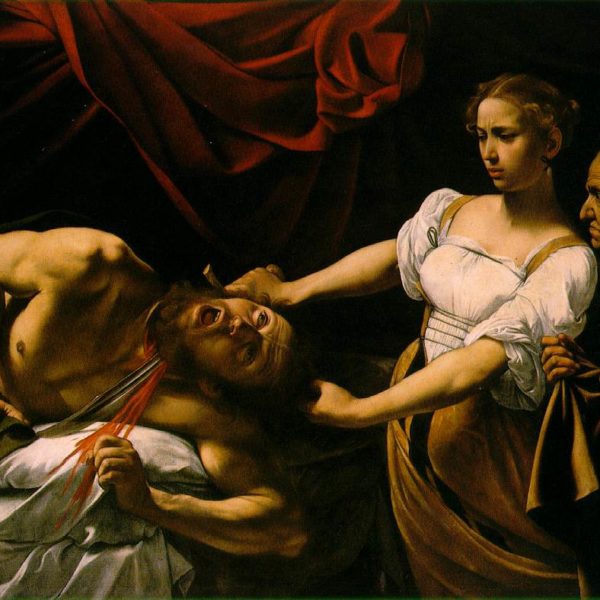
Later Calvinist texts, like the famous Vindiciae, Contra Tyrannos, would go further than the Reformer and claim natural law defenses for resistance.[1] I want to contend that Calvin’s principles provided a basis for this kind of argument, even though Calvin did not take this route in his own thinking. And the place to begin this line of argument, I think, is with his comments on the sixth commandment.
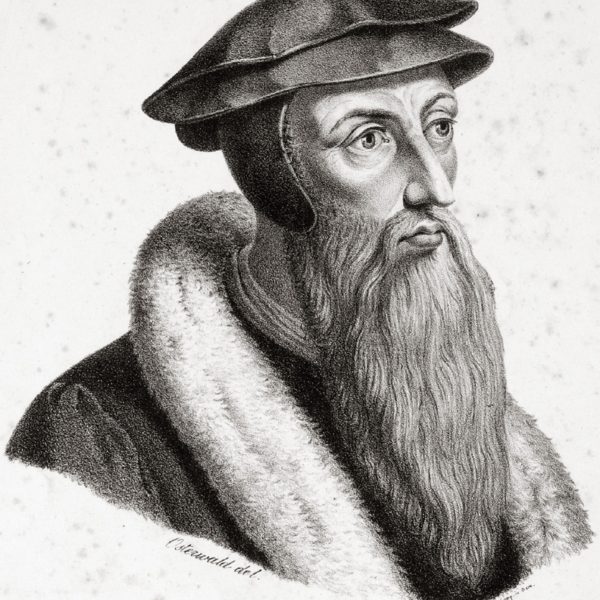
…Just considering very recent history, from the Arab Spring to South Sudan to Ukraine, revolution and resistance has been a very real part of our world. The popularity of this idea in cultures spanning the planet gives the political theologian pause. Is the apparent widespread support for this kind of act an expression of common grace, a preservation of the light of practical reason in spite of the fall? Or is it simply an expression of the rebellion bound up in the heart of our fallen species?
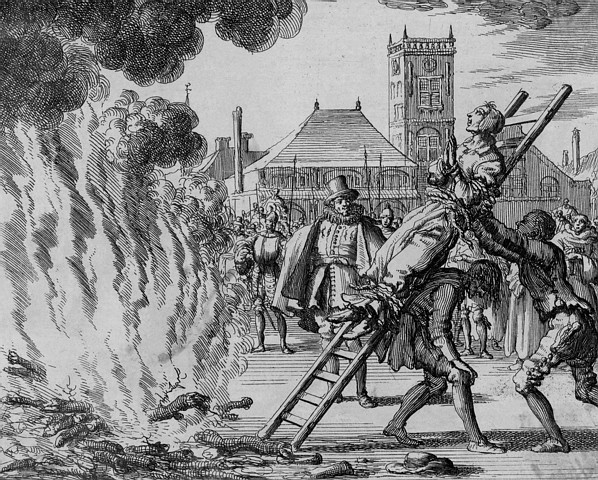
There’s a fable I often heard growing up, about a Mennonite man (or Amish or Brethren, depending on where the story is being told) who was asked whether he was a Christian. His response: “Ask my neighbors.” The story encapsulates a certain historicist impulse in the Anabaptist tradition: the commitments we claim matter less than the commitments we embody. I first learned to care about the history of my community for just that reason. We learn who we are by considering honestly how we have lived.
